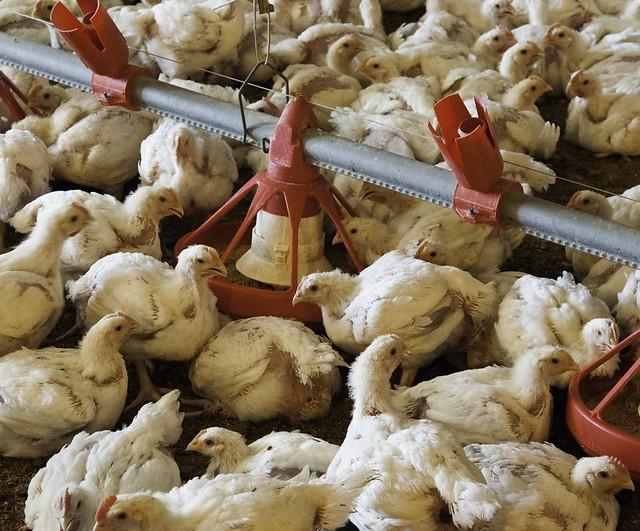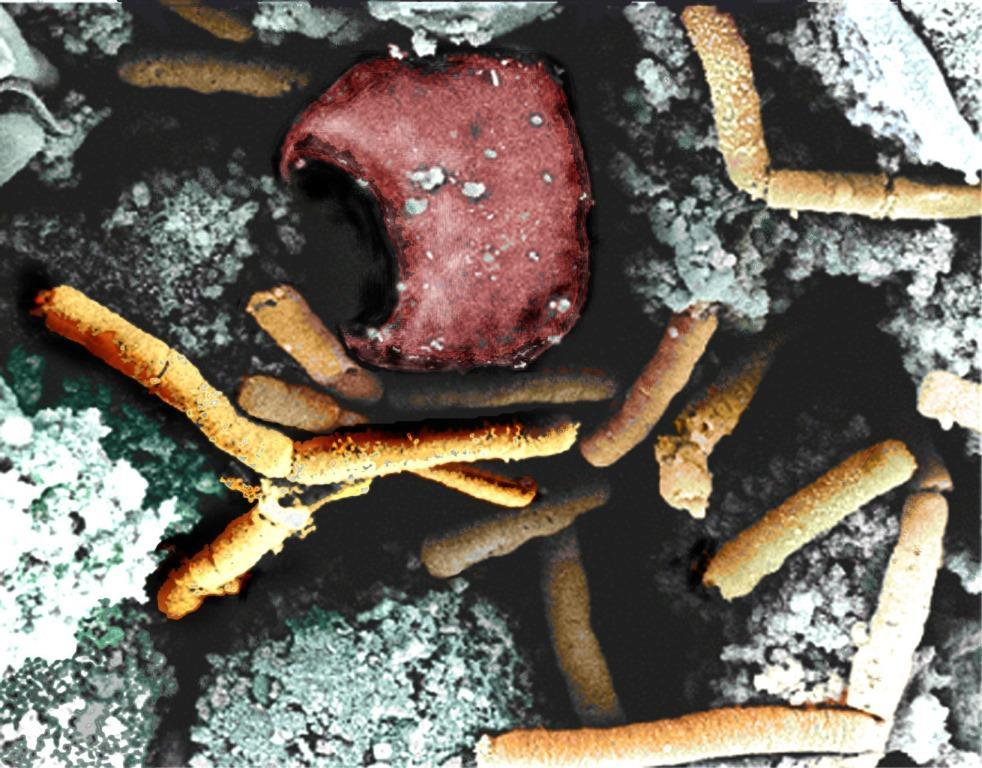
A study of long-COVID patients in Japan links severe infection to persistent cough and sputum production.
A team led by researchers from Keio University in Tokyo enrolled hospitalized adults diagnosed as having COVID-19 from January 2020 to February 2021 in a 26-center study. They collected clinical hospital data and patient-reported outcomes from questionnaires and smartphone apps for 12 months after release.
The research was published yesterday in Respiratory Research.
Results highlight need for prevention
At 3, 6, and 12 months, rates of wet and dry cough were similar, but the proportion of patients producing sputum without coughing rose over time compared with those with both sputum production and coughing.
At all follow-up visits, analyses of cough and sputum production identified the risk factors for persistent symptoms as the use of intermittent mandatory ventilation (IMV), smoking, and older age.
These findings emphasize that a preventive approach ... [is] highly recommended for patients with risk factors for severe infection to avoid persistent respiratory symptoms.
At 12 months, severe COVID-19 was associated with cough and sputum production based on imaging findings, kidney and liver abnormalities, pulmonary blood clots, and higher levels of lactate dehydrogenase (indicating organ or tissue damage), Krebs von den Lungen-6 (indicating lung inflammation or damage), and hemoglobin A1c (indicating elevated blood glucose).
The study authors wrote, "These findings emphasize that a preventive approach including appropriate vaccination and contact precaution and further development of therapeutic drugs for COVID-19 are [sic] highly recommended for patients with risk factors for severe infection to avoid persistent respiratory symptoms."















